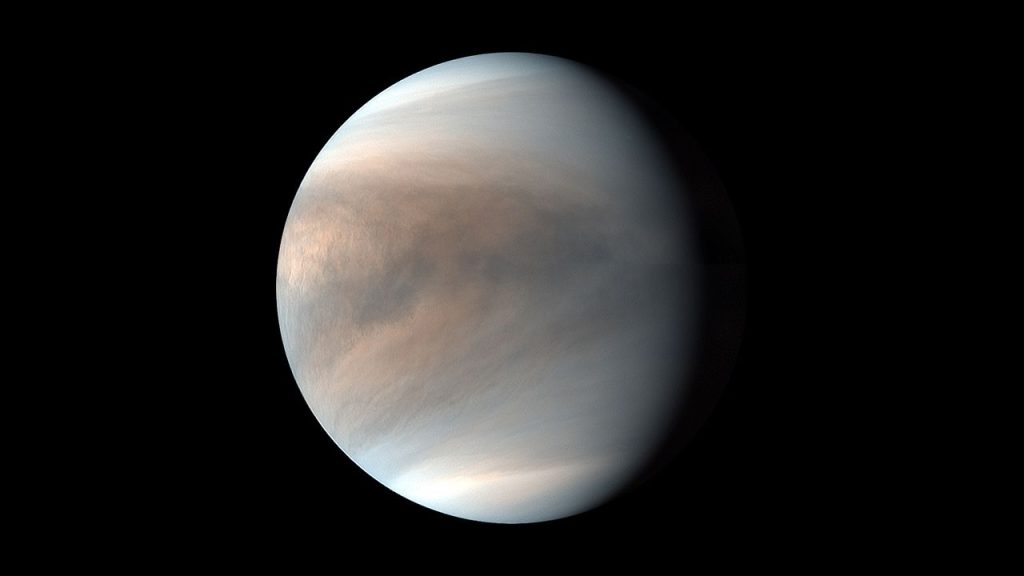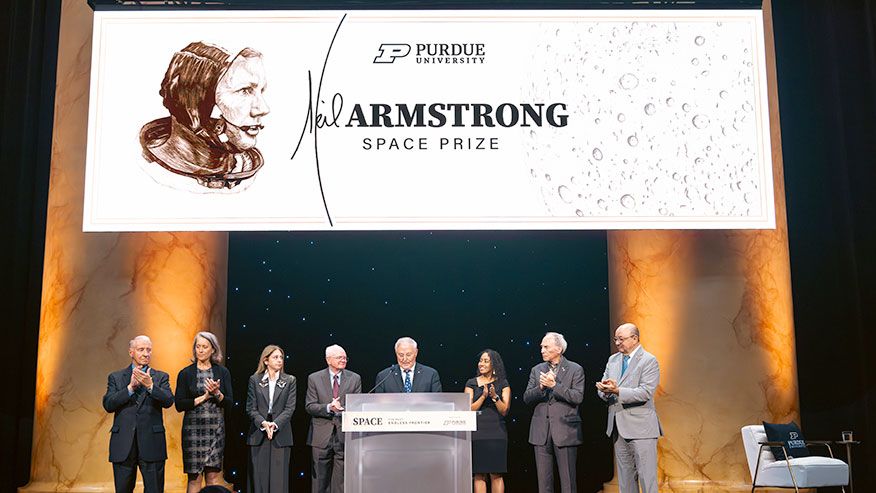Now Reading: Diet Soda Linked to Increased Hunger, Study Finds
-
01
Diet Soda Linked to Increased Hunger, Study Finds
Diet Soda Linked to Increased Hunger, Study Finds

Quick Summary
- Artificial Sweeteners & Brain Regulation: Research indicates that artificial sweeteners, like sucralose, may disrupt hunger regulation by stimulating areas of the brain tied to appetite.
- Study Findings: A study on 75 young adults found sucralose-sweetened drinks increased hypothalamic activity and hunger compared to sucrose (table sugar), which reduced them. Artificial sweeteners also didn’t stimulate the production of satiety-promoting hormones such as GLP-1 or insulin.
- Metabolic Impact: Mixed evidence shows artificial sweeteners could impair glucose metabolism when consumed with carbohydrates, possibly leading to decreased sensitivity to insulin.
- Weight Gain Debate: Some large studies associate diet beverages with obesity and type 2 diabetes,but causation remains unclear. Conversely, some weight loss trials suggest minor benefits for replacing sugary drinks with artificially sweetened ones.
- WHO Recommendations: Based on concerns over their long-term health impacts, global organizations like WHO discourage using artificial sweeteners for weight management.
Indian Opinion Analysis
The findings around artificial sweeteners underscore a notable public health challenge in India as consumption of such products rises alongside efforts to combat sugar-related illnesses like diabetes. While artificially sweetened beverages have been marketed as healthier substitutes, growing evidence about their potential downsides raises questions about dietary strategies reliant on them.
India must tread carefully amidst this ongoing scientific debate. With the country already battling high rates of diabetes and obesity, a nuanced policy encouraging healthier alternatives-such as plain water or naturally flavored sparkling water-might better serve public health goals than reliance on products containing artificial ingredients.Moreover, educating consumers on food choices informed by robust science will be central to fostering long-term wellness and avoiding unintended metabolic harms.



























